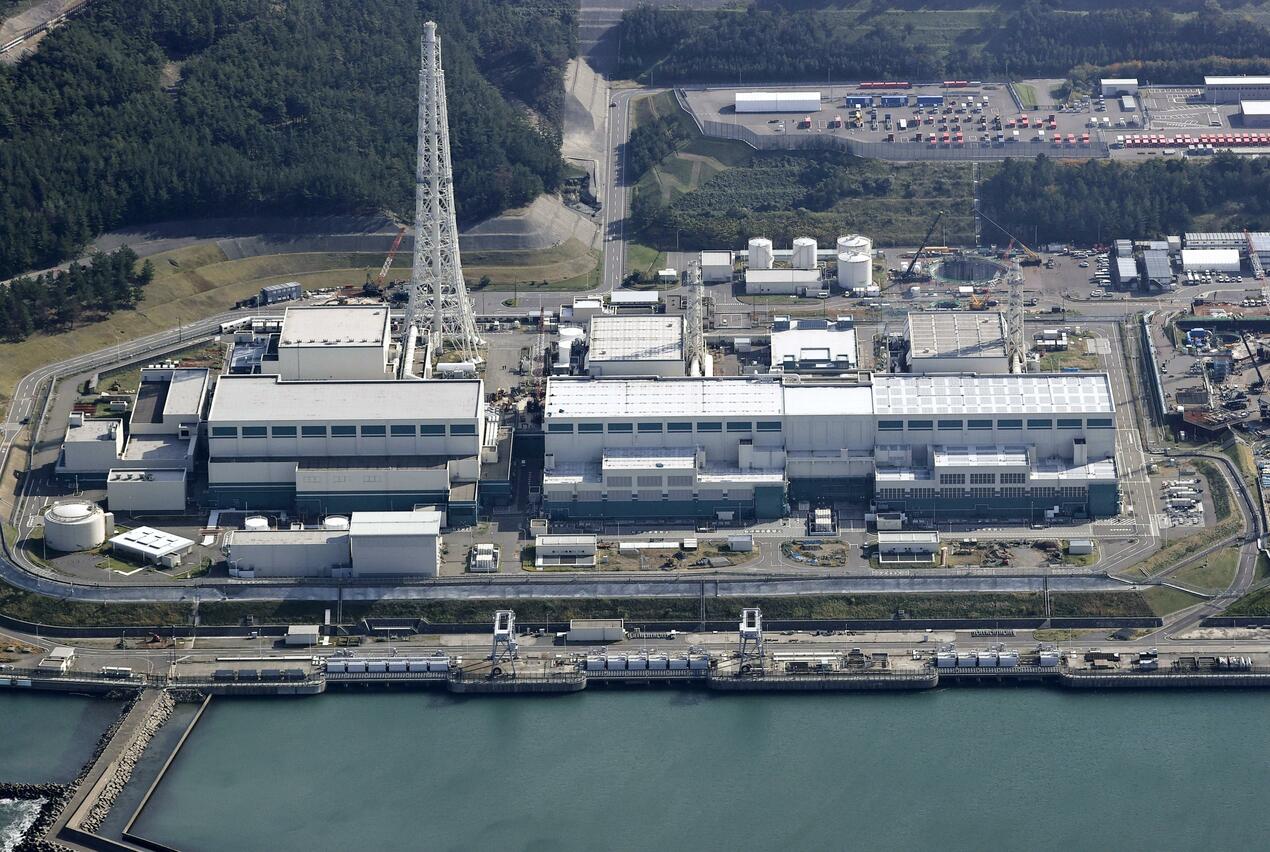Japan to restart world's largest nuclear power plant
The governor of Niigata Prefecture approved the partial restart of the Kashiwazaki-Kariwa plant, marking a turning point in Japan's energy strategy, spearheaded by Sanae Takaichi’s government. The prime minister is also considering a revision of the country’s three historic non-nuclear principles, sparking outrage among survivors of Hiroshima and Nagasaki.
Tokyo (AsiaNews/Agencies) – Niigata Prefecture Governor Hideyo Hanazumi today approved the partial restart of the Kashiwazaki-Kariwa nuclear power plant, the world's largest by installed capacity.
Japan has long sought to revive its nuclear power sector to reduce its dependence on fossil fuel imports, which increased significantly after the 2011 Fukushima disaster.
The approval removes the last political obstacle to Tokyo Electric Power Company's (TEPCO), which will now be able to restart the plant's two most powerful reactors. Together, they generate 2,710 megawatts, about a third of its total capacity.
Reactor No. 6 alone, Industry Minister Ryosei Akazawa explained, would improve the balance between energy supply and demand in Metro Tokyo by 2 per cent.
Governor Hanazumi said that the decision will still have to be submitted to a vote of confidence by the prefectural assembly at its session on 2 December.
“[I]t would be difficult to stop something that passed the country's regulatory standards without any rational reason,” he explained, stressing, however, that residents' concerns, emergency measures, and continuous safety monitoring remain priorities.
If confirmed, the restart would mark a turning point for TEPCO. Since March 2011, when the tsunami devastated the Fukushima Daiichi plant causing the worst nuclear accident since Chernobyl, the company has not been able to restart any reactors.
In October, TEPCO completed technical checks on reactor No. 6, confirming that systems were properly operating.
After Fukushima, Japan shut down all 54 nuclear reactors in operation at the time. Since then 14 of the 33 that remain operable were restarted.
The government of Prime Minister Sanae Takaichi supports reopening the reactors to boost energy security and reduce import costs. In 2024 alone, Japan spent 10.7 trillion yen (about US$ 68 billion) on imported liquefied natural gas and coal, a tenth of its total imports.
The government insists that a return to nuclear power is essential to contain electricity prices, increase its proportion in energy supply, and reduce emissions.
The plant's reopening comes, however, amid a tense political climate.
Prime Minister Sanae Takaichi supports reviewing Japan's principles regarding nuclear weapons, a proposition that has sparked a harsh reaction from the hibakusha, the survivors of the bombings of Hiroshima and Nagasaki.
Nihon Hidankyo, the main survivors' organisation and winner of last year's Nobel Peace Prize, issued a strongly worded statement yesterday, saying that the government “cannot allow nuclear arms to be brought into Japan or let the country become a base for nuclear war or a target of nuclear attacks.”
The organisation has called on the authorities to uphold the country’s three non-nuclear principles (non-production, non-possession, non-introduction), demanding they be put into law.
For the group, the very idea of questioning them is a dangerous step backward.
10/12/2024 17:46







.png)










